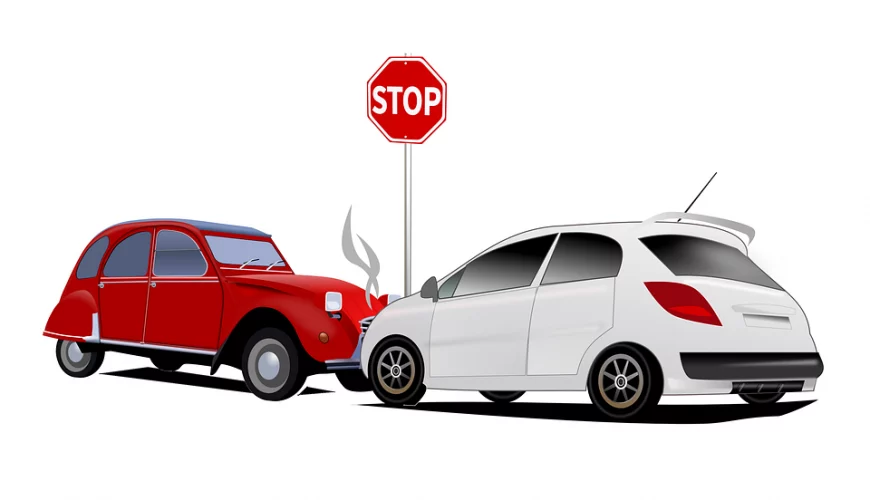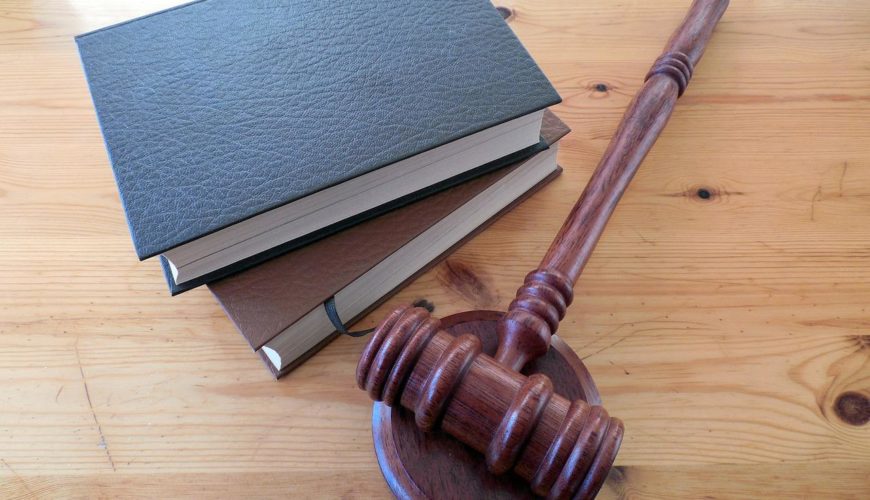In today’s society, one of the worst things that can happen to you is a car accident. A lot of people think that it should be no big deal because they have insurance, but this isn’t always the case. You may need to file a claim with your insurance company and for some people, what should be a routine process can become complicated and stressful.
Here are some things to know during the process of filing a claim with your insurance company in Ottawa.
The Cause of Car Accident Claims
Car accident claims can be caused by several things. Some common causes of car accidents include driver error, negligence, faulty equipment, speeding, and drunk driving. According to Schweickert Ganassin Krzak Rundio, LLP, any time you are in an accident that is not your fault, you may be able to file a car accident claim. This means that if the other driver was at fault, you may be able to receive compensation for your damages.
You just need to make sure that you have the right evidence to back up your claim. For example, if you were hit by a drunk driver, you would need to have proof of this to receive damages. This could include the driver’s blood alcohol content level or witness statements.
Contacting Your Insurance Company
After you’ve been in a car accident, the first thing you should do is contact your insurance company. This is important because you need to let them know what happened and start the process of filing a claim. You will likely have to provide some basic information about the accident, such as when and where it happened, as well as the names and contact information for any other drivers involved.
It’s important, to be honest with your insurance company about what happened during the accident. If you try to downplay the damage or exaggerate the other driver’s fault, this could come back to bite you later on. Your insurance company will investigate the accident and if they find that you weren’t truthful, they could refuse to pay out your claim.
Have in mind that different insurance companies have different claim processes, so it’s important to know what to expect from yours. For example, some insurance companies require that you use their approved body shops for repairs while others will let you choose your own.
Gathering Documentation and Evidence
The next step in the process is gathering all the necessary documentation and evidence. This includes things like a police report, photos of the accident scene, and medical bills and records. You will likely need to provide this information to your insurance company to file a claim.
It’s important to keep all of this documentation together in one place so it’s easy to access. This will make it easier for you when you need to provide it to your insurance company or attorney.
On the other hand, if you don’t have all the documentation and evidence you need, don’t worry. Your insurance company will likely be able to help you get what you need. For example, they may be able to obtain a police report on your behalf. You can also ask your doctor for copies of your medical records.
Filing Your Claim
Once you have all the necessary documentation, you can start the process of filing your claim with your insurance company. Once you’ve contacted the company, they will likely send you a packet of information about filing a claim. This packet will include the steps you need to take to file a claim, as well as what documentation you need to provide. It’s important to read through this information carefully and follow the instructions closely.
This also usually involves filling out some paperwork and submitting it to your insurance adjuster. They will then review your claim and determine how much money you are entitled to.
This is where things can start to get complicated. The insurance adjuster will likely try to lowball you with an offer that doesn’t cover all of your damages. This is where it’s important to have all your documentation in order and know what your claim is worth. If the insurance adjuster won’t budge, you may need to hire an attorney to help you negotiate a fair settlement.

The Legal Representative
If you decide to hire an attorney, they will likely take a percentage of your final settlement. This is something to keep in mind when considering whether or not to hire an attorney. However, an attorney can help get you a fair settlement from the insurance company.
For example, if the insurance company is refusing to pay out your claim, your attorney can file a lawsuit against them. They may also be able to get you a settlement that is higher than what the insurance company was initially offering.
The lawyers can also help you if your case goes to trial. This is usually a last resort, but it’s important to know that it’s an option if the insurance company won’t give you a fair settlement.
Receiving Your Settlement
Once you’ve reached an agreement with the insurance company, you will receive your settlement. This is typically paid out in the form of a check or direct deposit. The amount of money you receive will depend on the severity of your damages and the terms of your policy.
It’s important to note that the insurance company may take some time to process your claim and issue your settlement. This is normal, so try not to get too impatient. Once you’ve received your settlement, you can begin the process of repairing your vehicle and getting your life back to normal.
Additionally, the settlement will likely be paid in installments, which is something to keep in mind. This means that you may not receive the entire amount at once. You will need to make sure that you have a plan for how you will use the money to pay for your damages.
The process of filing a car accident claim with your insurance company can be complicated and stressful. However, if you have all the necessary documentation and know what your claim is worth, you can negotiate a fair settlement with the insurance adjuster. If the insurance company refuses to pay out your claim, you may need to hire an attorney to help get you a fair settlement.
Once you’ve reached an agreement with the insurance company, you will receive your settlement in installments.




